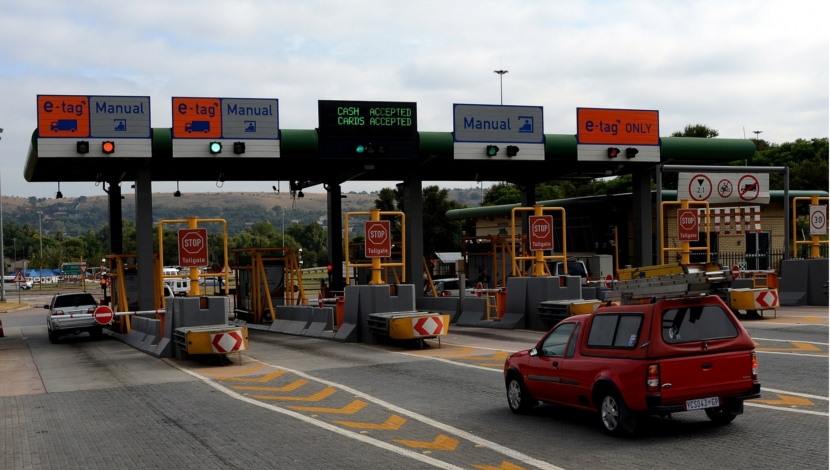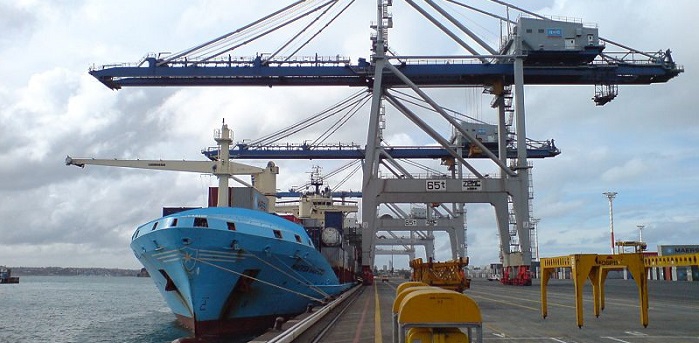

There are 6 major components in the process of routine work management (also known as maintenance planning and scheduling). Physical asset management specialist Allan Tarita talks about why businesses must follow this well proceduralised process if the hope to glean any benefit from their maintenance planning and scheduling efforts.
The maintenance budget often falls by the wayside during tough economic times.This is because management fails to see the long term benefits of developing and implementing a maintenance strategy supported by a set of achievable and beneficial goal.
“Maintenance planning and scheduling is the hub for achieving a cost-effective maintenance organisation,” says Tarita, you really can’t achieve cost savings without this process. During the Maintenance Planning & Scheduling course, hosted by Alusani Skills & Training Network®, Tarita presents the ”The 6 Step” routine work management process model and this hands-on training course utilises a variety of practical exercises that are intended to drive home the principles of the planning and scheduling process.
The model consists of six blocks and follows a pattern of work identification, work planning, work scheduling, work assignment, work execution and follow-up, and lastly, work analysis.
To obtain the full benefit of this model it must be practised in its entirety, on a continuous loop. However Tarita says this model is often short-circuited as most businesses only make time to identify and assign work. ”By skipping the planning and scheduling steps, companies knowingly spend upwards of 10 times what they need to for maintenance activities and expose there management and workforces to unnecessary risks. When something breaks, most companies will follow an emergency work pattern. Someone is told to go and do the work, they do the work and that’s the entire process.It’s no surprise that people get frustrated because they simply don’t understand why the process isn’t getting the results that it should for them.”
The reality is that organisations are likely to look for a ‘quick fix’ but this will be more costly in the long run.
He explains that an unplanned job can cost approximately R10.75 in comparison to R1.00 for a planned job. During the course, Tarita goes into detail about each segment of the process and he helps Course Participants to implement the work management process in their own organisations. He guarantees that you will leave the course armed with not only knowledge, but more importantly with the skills and tools to enable you to implement this immediately within your own organisation to improve your maintenance team’s effectiveness, reduce equipment downtime and reduce overall maintenance costs over time.
For more insights join the Maintenance Planning & Scheduling for Improved Reliability & Uptime course hosted by Alusani Skills & Training Network®.





